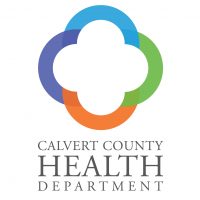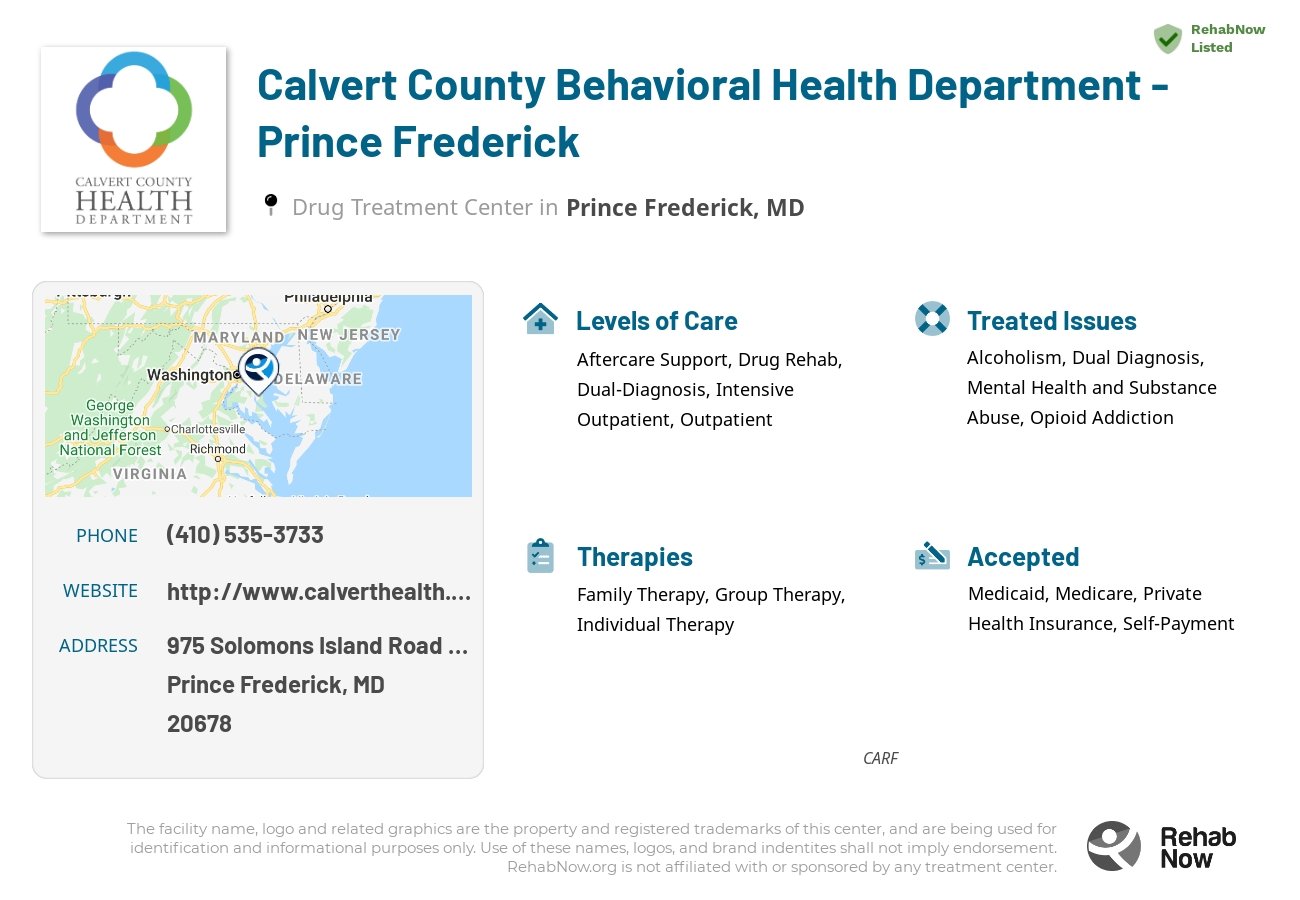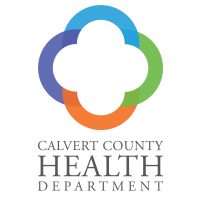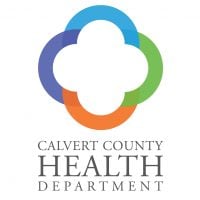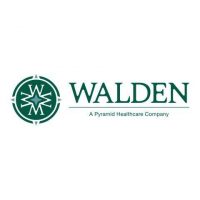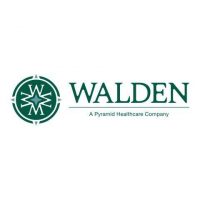Calvert County Behavioral Health Department - Prince Frederick
Drug Rehab Center in Prince Frederick, Maryland
Prince Frederick Behavioral Health Department is a CARF-accredited addiction treatment facility that offers comprehensive, personalized outpatient care for those suffering from alcohol, opioid, and drug addictions, as well as dual-diagnosis treatment and aftercare support to ensure long-term sobriety.
About Calvert County Behavioral Health Department - Prince Frederick in Maryland
Calvert County Behavioral Health Department, located in Prince Frederick, Maryland, is dedicated to providing comprehensive mental health and substance abuse services to residents of all ages, including children, young adults, and adults.
• Offers a wide range of substance abuse services, such as behavioral health assessments, individual, group, and family counseling, drug testing, education, intensive outpatient programs, and medication-assisted treatment
• Provides mental health services, including diagnostic evaluations, medication management, and counseling for individuals of all ages
• Implements school-based mental health programs aimed at increasing attendance and reducing oppositional behavior
Accredited by CARF (Commission on Accreditation of Rehabilitation Facilities), Calvert County Behavioral Health Department demonstrates a commitment to meeting high standards of quality care. They offer separate services for adolescents and adults, ensuring age-appropriate treatment.
Calvert County Behavioral Health Department treats a variety of addictions and mental health issues, including alcoholism, opioid addiction, drug addiction, substance abuse, and co-occurring disorders. They provide a comprehensive approach to treatment, offering various levels of care such as detoxification, inpatient programs, outpatient programs, and intensive outpatient programs.
Genders
Ages
Modality
Additional
Accreditations

CARF
The Commission on Accreditation of Rehabilitation Facilities (CARF) is a non-profit organization that specifically accredits rehab organizations. Founded in 1966, CARF's, mission is to help service providers like rehab facilities maintain high standards of care.
Conditions and Issues Treated
Opioid addiction starts when a person becomes addicted to legal or illegal opioids. The addiction can happen quickly, in just a matter of days. Opioid withdrawal can be extremely uncomfortable and lead the user to continue to use even if they want to quit. Stopping using an opioid requires medical observation. Sometimes inpatient treatment with a medically supervised detox is necessary for managing the withdrawal process while learning lasting tools for maintaining recovery. Medications may be used in some cases of opioid addiction.
Opioid addiction is one of Maryland‘s most prominent forms of addiction. It’s treated by detoxifying the body so that the chemicals from the medications no longer impact them and by therapies to correct behavior and target the root of the problem.
Recovery is not simply about stopping drug use. Recovery is working with addiction while recovering mental health issues that are fueling the addiction in the first place.
Levels of Care Offered
This center offers a variety of custom treatment tailored to individual recovery. Currently available are Aftercare Support, Drug Rehab, Dual-Diagnosis, Intensive Outpatient, Outpatient, with additional therapies available as listed below.
Addicts who need help with their addiction can enroll in an intensive outpatient program (IOP). But the patient won’t live there during treatment.
IOP involves patients visiting a medical office building regularly for therapy and other services while continuing to live their lives.
IOP is a step up from drug or alcohol detox, but it’s still a phase of recovery, not the end goal. Patients in need of IOP have many options for rehab and treatment.
Outpatient treatment is considered the lower intensity level of addiction treatment. It’s ideal for early phase addiction or lower intensity addictions. It may include weekly sessions instead of daily. It may include weekly sessions instead of daily. Peer group support, 12-step programs, and individual counseling may still be involved but at a lesser frequency than an intensive outpatient program. It is a good choice for someone who doesn’t need to go through a medically supervised detox and who has a supportive home environment. It requires motivation and dedication to commit to the program without constant monitoring.
Aftercare support should take place after outpatient treatment has ended. There are a few different types of aftercare support that patients can seek. These include 12 Step, Self-help groups (AA, NA), Therapeutic communities, Long-term, structured sober living arrangements, and Halfway houses (residential treatment centers).
Therapies & Programs
Individual therapy involves one-on-one sessions between the patient and therapist. It provides patients with a safe environment to openly discuss personal and sensitive issues with the therapist. They find the therapist as someone they can trust. Individual therapy aims to identify the core issues that would have led the patient to substance abuse and address them effectively. The therapist can develop patient-specific customized solutions through individual therapy, which aids speedier recovery.
Family therapy is a group problem-solving that aims to improve communication and relationships between the addict, their family, and sometimes friends. The main goal of family therapy for drug addiction is to create an environment where communication can occur without judgment, hostility, or blame. The therapist is with the family as they learn to communicate differently, especially with the addict when s/he is using. The family can learn to reduce their enabling behavior or rally together and support each other during tough times.
An addict’s family can play a vital part in helping them to avoid relapse because they can spot the warning signs and help them get back on track before it becomes too much of a problem. Family therapy is one of the most effective ways to help addicts stay on the path to long-term sobriety. When a drug addict decides that they want to try and get sober, it takes the support of every person they love to succeed. It can be incredibly difficult for loved ones to watch an addict go through the pain and suffering of withdrawal, but by being there with them and supporting them, they can help to make sure that the addiction never returns.
Groups typically involve meetings with other recovering addicts who can relate to one another’s experiences. They might meet in person or online and typically focus on the process of staying sober rather than overcoming a specific addiction.
In these groups managed by Calvert County Behavioral Health Department - Prince Frederick, addicts can build a sense of community and develop strong emotional connections with others who understand what they are going through. These beneficial relationships can help addicts overcome their cravings and prevent relapse at any point during the recovery process.
Payment Options Accepted
For specific insurance or payment methods please contact us.
Is your insurance accepted?
Ask an expert, call (888) 674-0062
Calvert County Behavioral Health Department Associated Centers
Discover treatment facilities under the same provider.
- Calvert County Behavioral Health Department - Barstow in Barstow, MD
- Calvert County Behavioral Health Department - Chesapeake Beach in Chesapeake Beach, MD
Learn More About Calvert County Behavioral Health Department Centers
Additional Details
Specifics, location, and helpful extra information.
Prince Frederick, Maryland 20678 Phone Number(410) 535-3733 Meta DetailsUpdated April 15, 2024
Staff Verified
Calvert County Behavioral Health Department - Prince Frederick Patient Reviews
There are no reviews yet. Be the first one to write one.
Prince Frederick, Maryland Addiction Information
For the past decade, Maryland's rate of drug use and abuse has significantly increased. The overdose rate is currently higher than the national average. This epidemic is due to the many industries where manual labor is required. As soon as prescription opioids were more readily accessible a large part of manual workers started using–and eventually abusing–the painkillers.
According to recent statistics, approximately 9% of the population in Prince Frederick has a drug addiction. The most common drugs abused are marijuana, cocaine, and heroin. Heroin was involved in nearly 60% of those overdoses. In 2017 there were 2,030 overdose deaths from drug abuse- a 5% increase from 2016. Popular treatment options include inpatient and outpatient rehab programs, 12-step programs, and detox clinics.
Treatment in Nearby Cities
- Clinton, MD (21.7 mi.)
- Fallston, MD (66.9 mi.)
- Phoenix, MD (66.0 mi.)
- Silver Spring, MD (37.8 mi.)
- Halethorpe, MD (47.4 mi.)
Centers near Calvert County Behavioral Health Department - Prince Frederick
The facility name, logo and brand are the property and registered trademarks of Calvert County Behavioral Health Department - Prince Frederick, and are being used for identification and informational purposes only. Use of these names, logos and brands shall not imply endorsement. RehabNow.org is not affiliated with or sponsored by Calvert County Behavioral Health Department - Prince Frederick.
